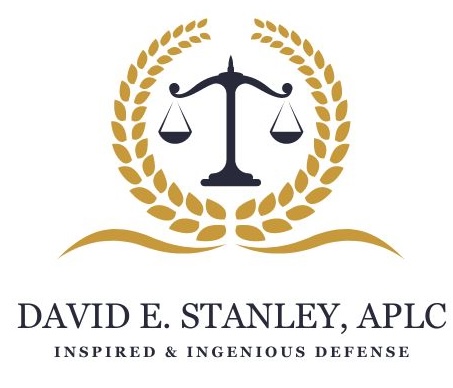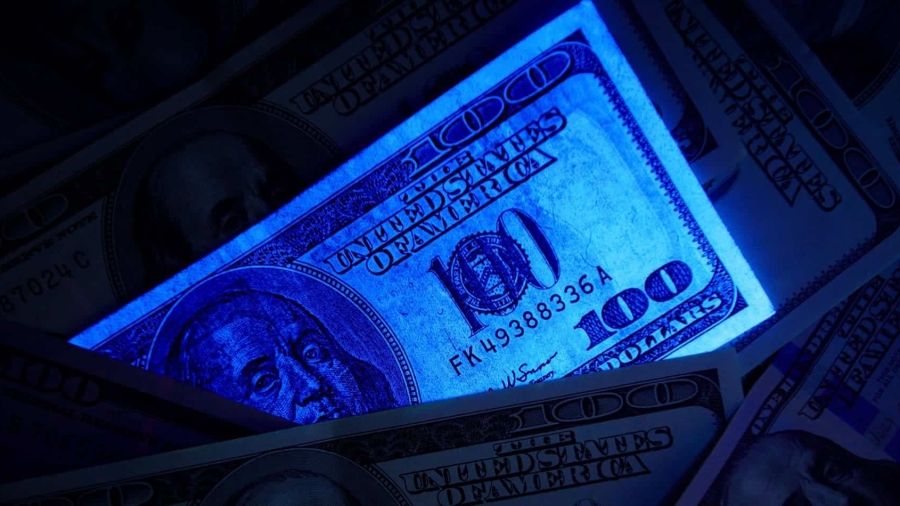The act of counterfeiting is the creation of counterfeit currency or the alteration of genuine money. This type of white-collar crime stretches back to the Civil War when estimated that a third of all U.S. cash was counterfeit. Counterfeit currency was complicated to detect in the nineteenth century when more than 1,600 banks were allowed to produce a total of 7,000 different coins. Although counterfeiting declined with nationalized currency in 1863, technological advances such as high-resolution printers and copiers have made counterfeiting easier.
When a cashier examines a bill and discovers it is counterfeit money, he may contact authorities. At that point, the authorities may arrest you for using a counterfeit and charge you with forging. Forgeries and counterfeits are regarded very seriously in the United States because they threaten the currency and economy. As a result, anyone suspected of counterfeiting should prepare a compelling case as soon as feasible.
Therefore, if caught using fake money or if charged with monetary instrument misuse or any other charge related to using false money, contact David E. Stanley, APLC crime defense attorney. Mr. Stanley is committed to working on criminal cases to achieve the best possible outcome for his clients
Caught with Counterfeit Money?
Call Criminal Defense Attorney
David E. Stanley Immediately
at 225-926-0200!
Questions About Finding Counterfeit Money in Your Possession
What To Do If You Find Counterfeit Money?
Sometimes, you may accidentally come into contact with counterfeit money through no fault of your own. You should not return a bill to the person who handed it to you if it doesn’t appear proper. Instead, you should report the counterfeit to the local police or the United States Secret Service field office.
If a cop or a special agent from the U.S. Secret Service approaches you to collect the counterfeit money, follow their orders and hand it over only after they have been appropriately recognized.
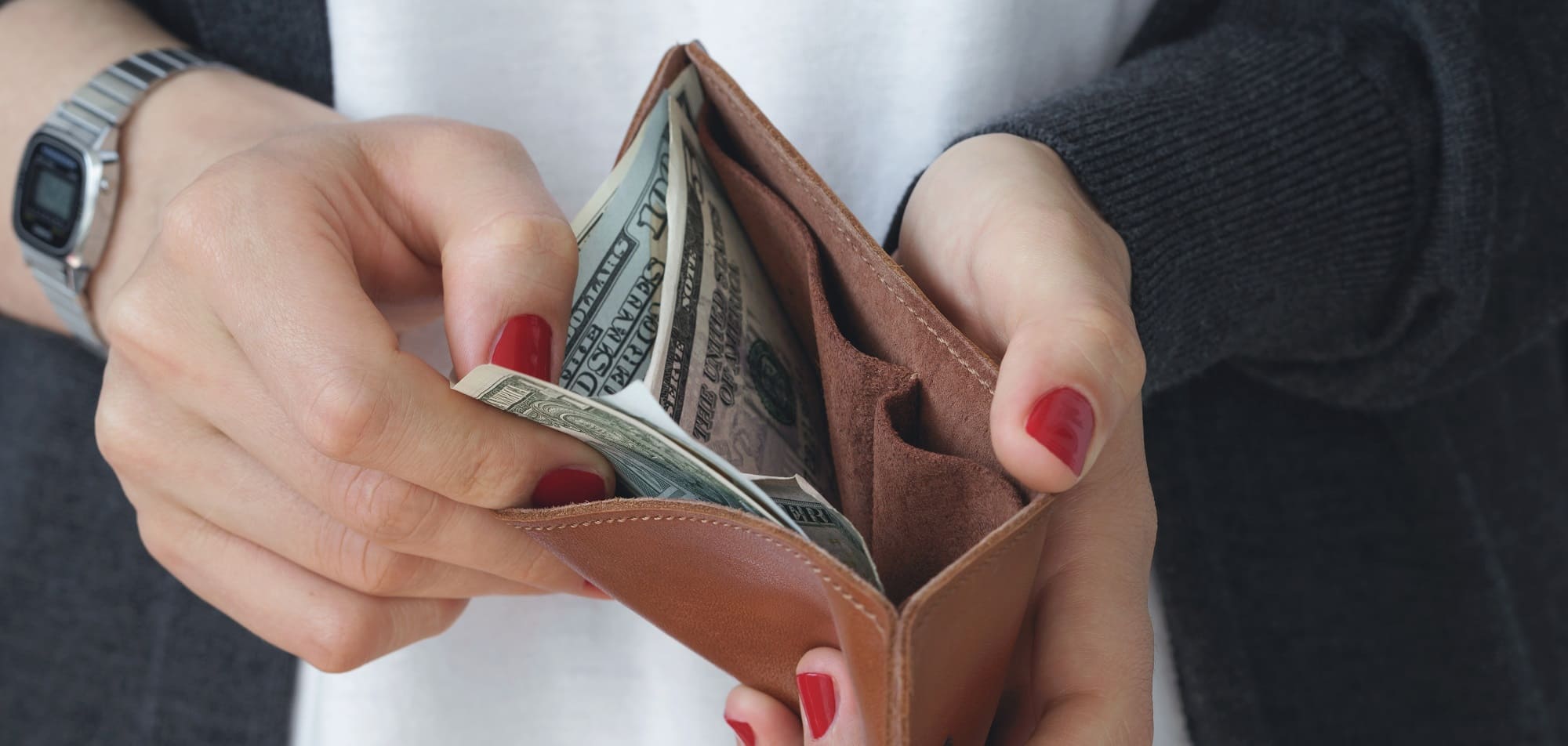
What Happens If You Try to Spend a Fake Banknote Without Realizing It?
Counterfeit money does circulate through the U.S. economy daily. Smaller banknotes, such as ones and twenties, are rarely authenticated. Upon discovering a counterfeit bill, you must take action as soon as possible to protect yourself.
Remember that the cashier or anyone else engaged in the transaction cannot know if you’re attempting to pass a counterfeit bill off as real money. So they might call the cops and have you arrested for having the money on your person.
You could face severe charges at that time; therefore, it’s essential to ask to talk with your attorney and to remain silent about the situation. You should not be punished if you were unaware that a banknote was forged or counterfeited.
What are the Penalties for Possessing Counterfeit Money?
The possession of printed reproductions (including images) of the national currency, postage stamps, or U.S. securities, as well as the creation of counterfeit notes or coins or alteration of genuine currency, come with a punishable fine and/or 15 years in jail. In addition, forgery, trafficking, or manipulation of U.S. bonds or checks can result in ten years in prison or a hefty fine.
What Defense To Utilize In Counterfeiting Cases?
You can utilize several defenses if charged with using counterfeit money. However, to be convicted, the prosecutor must prove that you committed the offense beyond a reasonable doubt, just like any other criminal accusation. As a result, the most common defense in situations involving counterfeit currency is a lack of information or reason.
Your counsel will use this argument to persuade the jury or court that you were unaware you were using counterfeit money. As a result, you had no intention of defrauding the cash receiver.
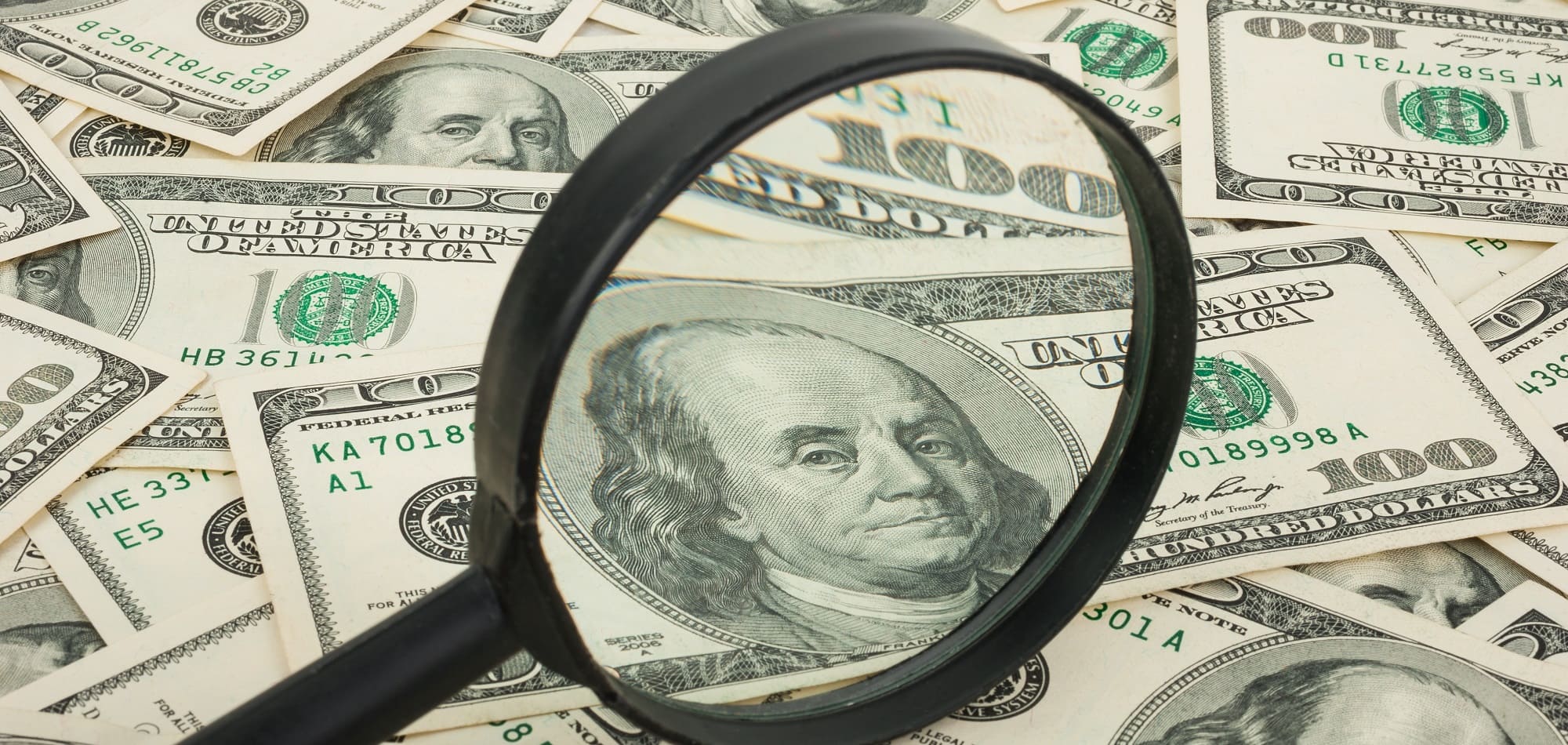
In addition, the prosecutor can refute your claim of ignorance by arguing that your actions suggested you knew the money was counterfeit. The prosecutor may point out that you acted strange when using fake money. Your attorney can use witnesses’ testimony that you were nervous during the process to bolster your claim.
What Immediate Action Should be Taken when Caught with Fake Money?
If you have been charged with using counterfeit currency, you should contact an attorney as quickly as possible. You could face a lengthy jail sentence if convicted of distributing counterfeit money under state or federal law. An attorney will examine your case and consider all options for defending you. They will also assist you throughout the criminal justice process. It’s important because there’s a good chance you won’t be able to defend yourself in court. They will protect your rights and ensure you receive the best possible outcome in your case.
Frequently Asked Questions:
What Does Counterfeit Money Do?
Counterfeit money is created without the State’s or government’s legal approval, usually in an attempt to imitate that currency and deceive its recipient. Producing or utilizing counterfeit money is deception or forgery punishable by law.
What is the Most Counterfeit Money?
According to the Federal Reserve Bank of Boston, the U.S. dollar is the most widely counterfeited currency in the world.
What Does the Government Do to Prevent Counterfeiting?
To prevent counterfeiting, the government brings in the Secret Service. When false bills are discovered, the Secret Service takes over. The U.S. Bureau of Engraving and Printing says that counterfeiting Federal Reserve notes is a federal offense punishable by a $15,000 fine, 15 years in jail, or both.
Credible And Experienced Defense Lawyer
You should immediately contact an attorney if you’ve been accused of using counterfeit money. Call David E. Stanley, APLC, a seasoned criminal defense attorney with more than 35 years of expertise. A conviction for passing fake money under federal or state law can result in a significant jail sentence. Mr. Stanley will assess your case and look into any defenses to the charge. He is dedicated to providing crucial counsel throughout the criminal process while safeguarding your freedom and ensuring the best possible resolution for your case.Need Help on a Criminal Case?
Call David E. Stanley
Criminal Defense Attorney
at 225-926-0200 Now!
David E. Stanley, APLC
1055 Laurel Street Suite 2
Baton Rouge, LA 70802
225-926-0200
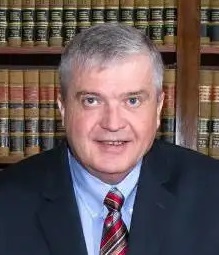
David Stanley is the founder and principal of David E. Stanley APLC. Since 1983, Mr. Stanley has successfully practiced law from his office in Baton Rouge, Louisiana.

